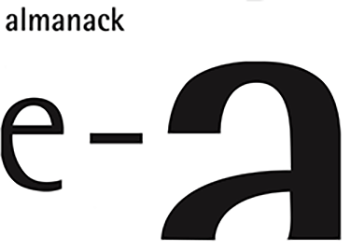Abstract
The independence of Brazil was a historical culture milestone. History contributed to consolidating this process, integrating it into a civic education. The role of this subject is primarily exercised in school systems by using the textbook. As a cultural product, the textbook is influenced by its moments of production. The history textbook also materializes a sample of the historical culture, in which the past is re-elaborated and transmitted in continuous dialogue with different social circles. This article proposes to investigate the ways of organizing, conceiving, and representing the Brazilian independence subject in the textbooks approved by the Programa Nacional do Livro Didático [Brazilian Schoolbook Program] (PNLD) of 2020. From bibliographic and documentary research, we verified how the schoolbook had become a “source of truth,” besides being mobilized as a space of legitimacy for particular social groups. However, it is still characterized by premises of the previous national narratives. The analysis of the contents related to the emancipation process of Brazil embraced symbols, metaphors, and images present in the central and secondary texts. Besides showing shreds of evidence of the cultural universe to which they belong, these elements tend to other interpretative paths, which indicate the obstacles, the possibilities, and the role of history teaching in the current juncture.
Keywords:
Independence of Brazil; Textbook; History; PNLD; History teaching

 Thumbnail
Thumbnail
